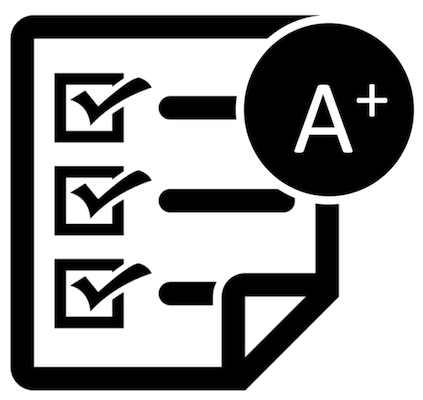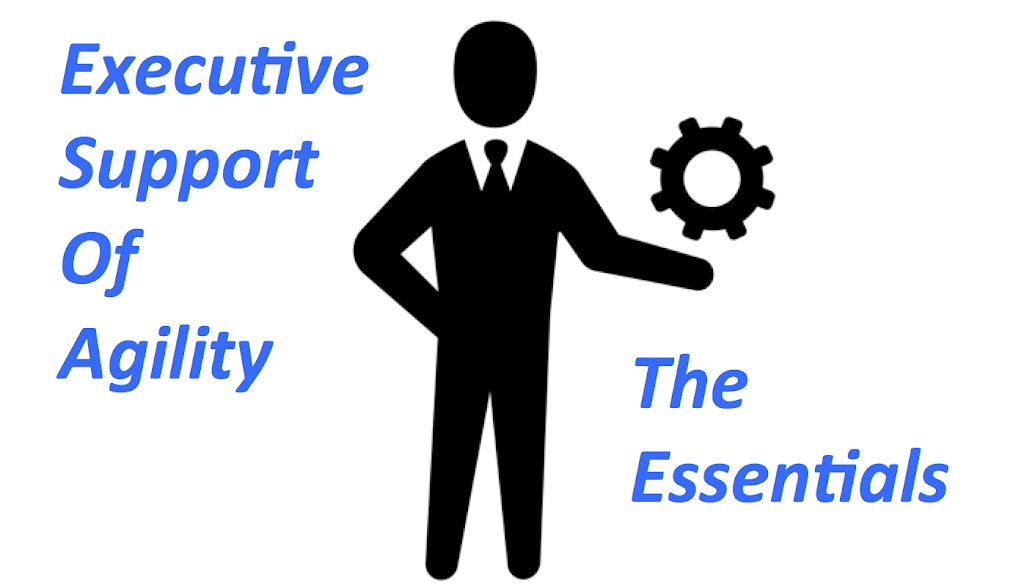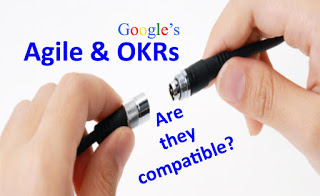Why Go To Industry Conferences
I like industry conferences. Recently, I participated in Agile 2016, held this year in Atlanta. As I reflect on this trip, I’m amazed at how much value I got out of it. I count at least five ways this trip was beneficial. This feeling is consistent with other events I’ve participated in, be it Agile […]
Why Go To Industry Conferences Read More »









